

The birds we keep as pets aren’t just beautiful to look at and listen to, they are intelligent animals with emotional needs who can bond with you for life! Keeping a bird is a big responsibility: along with the basics of feeding them nutritious food and properly housing them in a clean and safe environment, staying engaged with your bird and keeping them intellectually stimulated is a must! Fortunately for many bird owners, the companionship and daily interactions are the best part of having a bird. Unlike dogs and cats, many species of birds have long – sometimes very long – life spans, which should be taken into account when selecting a bird. And while a bird probably won’t break your bank, be aware that some species are far more costly to care for than others (just the difference in food and toy replacement between two species can be dramatic), and make your choice accordingly!
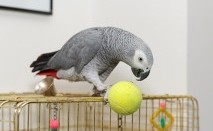 African Grey Parrot
African Grey Parrot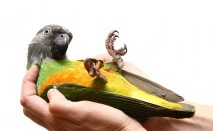 African Senegal
African Senegal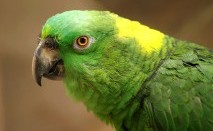 Amazons
Amazons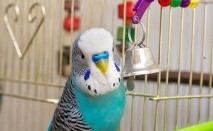 Budgerigar
Budgerigar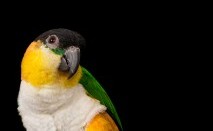 Caique
Caique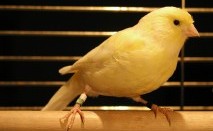 Canary
Canary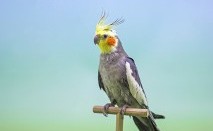 Cockatiel
Cockatiel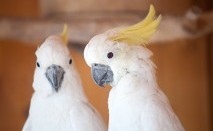 Cockatoo
Cockatoo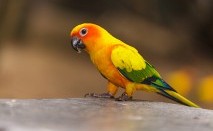 Conure
Conure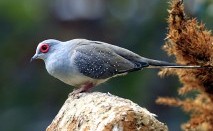 Dove
Dove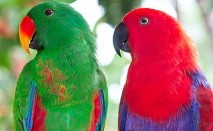 Eclectus Parrot
Eclectus Parrot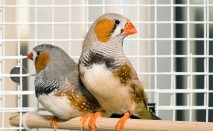 Finch
Finch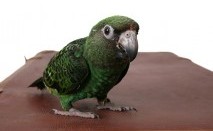 Jardine’s Parrot
Jardine’s Parrot Lorikeets
Lorikeets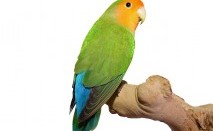 Lovebird
Lovebird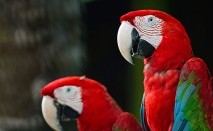 Macaw
Macaw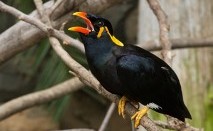 Mynah
Mynah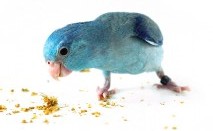 Parrotlets
Parrotlets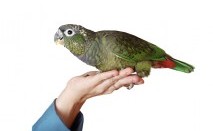 Pionus
Pionus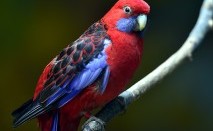 Rosella
Rosella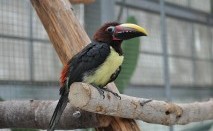 Toucan
ToucanAviculture is defined as the keeping and breeding of birds. Dr. Jean Delacour, the most dedicated, influential, and highly respected individual in the modern history of aviculture defined it precisely: "Aviculture - The worldwide hobby of keeping and breeding numerous species of wild birds in captivity to maintain their numerical status in nature with a view of forestalling their extinction by supplying aviary raised stock."
As with the keeping and breeding of many animals, birds have been kept by humans since the early days of man. While chickens and waterfowl were primarily kept for food and eggs, other types of birds were kept for other purposes, from hawks for hunting to singing birds for household pets. Other birds were used for communication, such as the homing pigeon. Learn More >>
Making a serious commitment for the lifetime of your pet is always important, but there are several species of birds – parrots, in particular – that are capable of living longer than their owners! This makes a contingency care plan for your pet birds essential.
 Discover Animals is a web-based educational resource offered by the NAIA
Discover Animals is a web-based educational resource offered by the NAIA